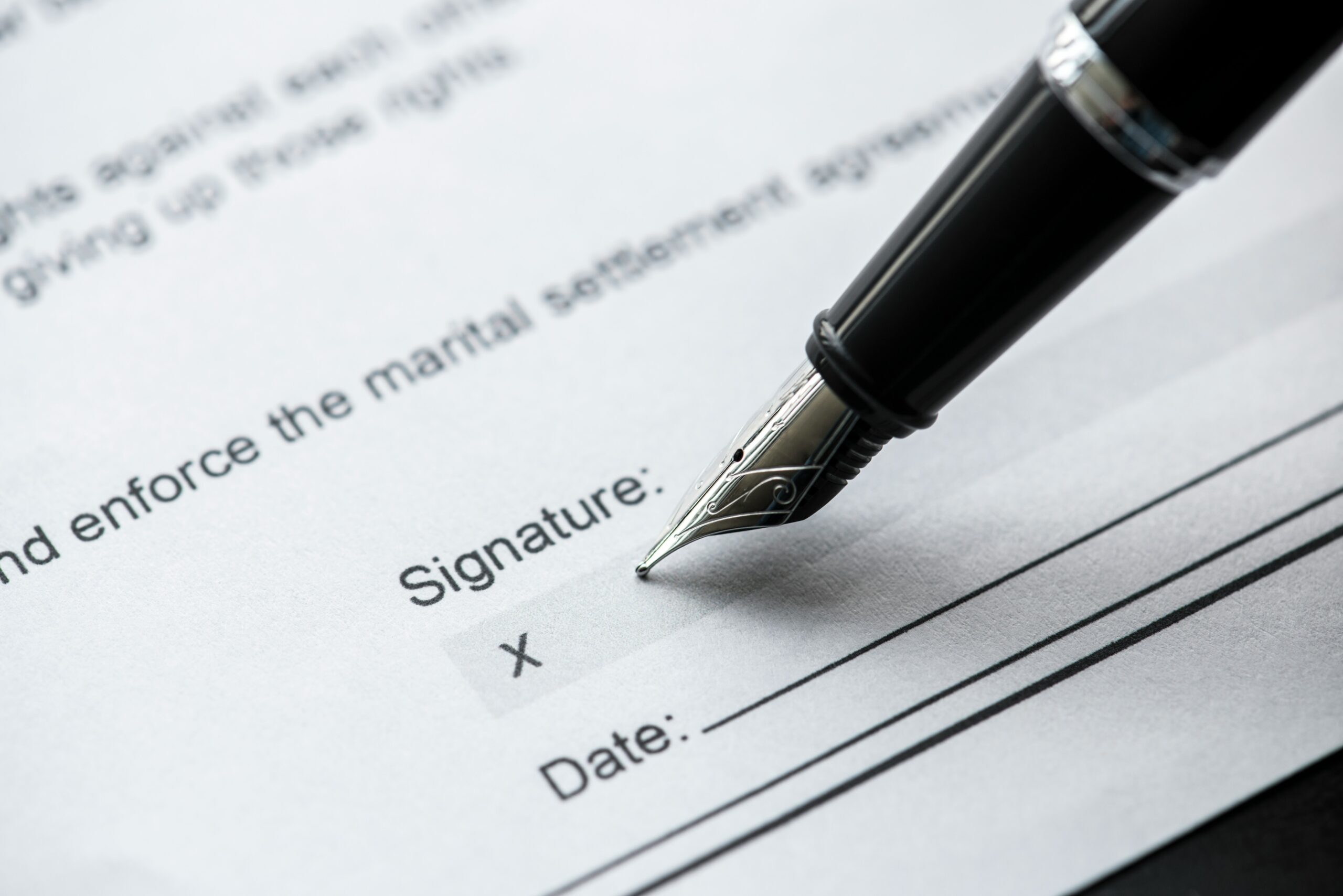
Can My Ex Force Me to Sell the House?
Estimated reading time 6 minutes
We get it. Breakups are difficult enough without adding property disputes into the mix. But let’s face it, many separations involve considering what to do with the home you share.
The statistics are sobering. A staggering 42% of marriages end in divorce according to the latest figures from the Office for National Statistics, with 80,057 divorces happening in England and Wales in 2022.
The average length of a marriage before divorce is 12.9 years—plenty of time for many couples to buy property together if that’s part of their plan.
There aren’t any statistics for break-ups between unmarried couples, but it’s clear that more and more couples are choosing to buy a home together, whether they plan to marry later or not at all.
It’s no surprise, therefore, that one of the most common questions that arises is: Can my ex force me to sell the house?
Let’s take a look at the legalities and practical steps so you can navigate this tricky situation.
Can my ex force me to sell if we’re both on the mortgage?
If both of you are named on the mortgage and one wants to sell, but the other doesn’t, it gets tricky.
Completely refusing to sell is an option. However, your ex may apply for a court order to force the sale.
Even if you’re paying the mortgage alone, your ex still owns their share. Unfortunately, this doesn’t make things easier. Without a mutual agreement, the courts often have to step in.
Do they have the power to force a sale if we’re joint owners?
The legal rights both you and your ex have over the property depend on several factors, the biggest being whose names are on the title deeds.
If you both own the home, things can get complicated—but your ex can’t force a sale without following legal steps, which we’ll get into next.
When can a court force a sale?
Courts typically get involved when you can’t agree. During a separation or divorce, the court will divide assets, which often includes selling the property if neither party can afford to keep it.
If you’re joint owners, your ex will likely need a court order to force the sale—also known as an “order for sale”. But a judge won’t automatically side with them. Here are some scenarios that may make a judge more likely to grant an order for sale:
- When neither you nor your ex can afford to stay in the property, and neither of you can afford to buy the other one out.
- If the judge believes that selling the property and dividing the assets will benefit your children’s welfare, i.e. you’d both be able to buy your own home and offer more stability.
- If you’ve tried to come to an agreement for a while but you’re at loggerheads, a court can order a sale to ensure fair division of the proceeds so you can both move on with your lives.
- Also, if the mortgage isn’t being paid, a lender can apply to a court to force a sale in order to recover funds.
However, a further note on children and stability: This can go both ways, as the judge may rule that a sale should be delayed until they’re older, or until alternative arrangements are made. (For the nitty-gritty, the UK government’s joint ownership and property rights page has lots more information.)
You can explore more about how divorce affects property via this guide from Citizens Advice.
What are the possible outcomes of a court order application?
After taking all factors into consideration the judge will make one of the following rulings:
- Sale of the property, with any mortgage being paid off and the remaining proceeds split in a way the court deems fairest.
- Transfer of ownership, usually putting the ownership into just one partner’s name, often the partner with primary custody of the children. This needs approval from the mortgage lender too. It’s also possible for the other partner to retain a share, almost as a ‘silent partner’ in homeownership, receiving a share of the proceeds when the home is sold later on.
- And, of course, it’s possible that the court may refuse to order a sale. Sometimes when they do this, they may impose rules about how long and under what conditions someone may stay in the house.
The sale of the home to be postponed, on the grounds that keeping the family home would benefit the children. Usually this order postpones the sale until the youngest child turns 18.
Can my ex force me to sell the house if we aren’t married?
Regardless of whether you’ve tied the knot, if you jointly own your home, your ex can’t force a sale alone. However, as we outlined above, your ex can apply for a court order to sell.
If you’re married and your ex is the sole owner of the home, the property will be taken into account as part of the divorce proceedings, regardless of whose name is on the deeds or mortgage.
If you’re unmarried and your ex is the sole owner, you usually don’t have any claim to the property, though you may be able to make a claim if you contributed financially
What if I want to keep the house?
If you want to stay in the property, you do have options.
One option is to buy out your ex, if you can afford to. This involves getting the house valued and possibly refinancing the mortgage in your name.
You could also consider going for full ownership and taking on the mortgage yourself, also known as transfer of equity.
Best to sell and move on?
Sometimes, selling the house is the easiest way forward, and the hardest part could be accepting that. If both parties agree, the sale process is much more straightforward. You’ll sell, split the proceeds and move on.
This is where a cash house buyer like SellHouseFast.co.uk comes in handy with our quick, hassle-free cash sale process. We can complete extremely quickly. Get a free no-obligation quote today and learn how we can help you move on and start a new chapter.


